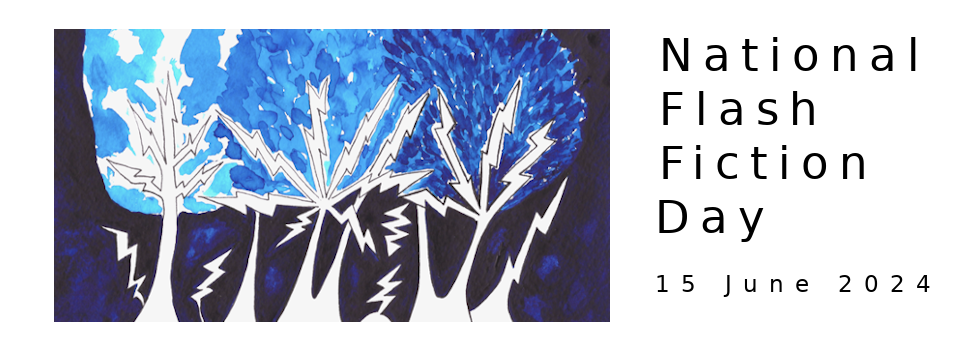How to Write When You Don't Feel Like It by Rachel Jendrzejewski
PART 2. RELAXATION
“There's no such thing as perfect writing, just like there's no such thing as perfect despair.” -Haruki Murakami
For me, in this context, “relaxation” is about releasing self-judgment and embracing writing that has zero stakes. Writing that does not need to be “clever” or “thought-provoking” or “good” or even “new.” I like to call it “splat writing.” I largely get there through journaling (my definition: writing down whatever is on your mind—thoughts, experiences, observations, etc.—with an assumption nobody’s going to read it) and freewriting (my definition: continual writing, ideally including steady breathing, with no stopping to think or compose; some people call it “automatic writing”). Writing warmup exercises could be included here, too, many of which are designed tap into similar flow states. Relaxation can serve as an extension of “transition” time, and/or it can be a strategy for generating material that you may actually want to use somewhere—but either way, I find it’s important for me to go into it assuming whatever I write will be disposable.
I’ve kept journals (with varying degrees of consistency) since I was six years old. Often when I’m feeling unable to write, I tell myself I will just journal for awhile... and sometimes, that writing transitions into freewriting, which—usually after 20-30 minutes or so, if I keep at it—helps me segue into a more truly relaxed writing headspace. I know some people hate journaling, some hate freewriting, and some might be like, “Um, I already write this way ALL the time, tell me something I don’t know.” But I think this kind of writing also is easily overlooked or undervalued—sometimes we forget how helpful it can be, because so often we feel pressure to sit down and write with great intention, toward a specific project or goal. So I want to invite us to remember what it is to write without needing to know where it’s going.
Exercise: Take at least 20 minutes (set a timer) and straight up journal and/or freewrite. If it’s helpful, start with this prompt: “Right now, I am—” then keep writing at a steady pace. Do not stop to think or censor yourself. Let out any language that wants to come out. Nobody is going to see this writing. It can be so bad. Make up nonsense words if you feel blocked and that’s what allows you to keep going at a steady pace. Without stopping, regularly check in with your body. Are you holding your breath? Are you holding tension? If so, just notice and breathe. Try to write and breathe in a steady, rather than stilted, way. Afterwards, notice how you feel. Do you feel different from when you started? If you had moments of holding your breath or feeling tense, can you identify why? Did certain kinds of thoughts, or attempts to certain kinds of language, pull you out of the flow?
I mentioned that I put writing “warmups” in this section; journaling or freewriting certainly can serve as a warmup, but of course there are lots of more structured warmup exercises out there, too, which can help you begin accessing different kinds of language. For example, I frequently gravitate to making lists...
Exercise: Give yourself two or three or six or ten different kinds of lists to make that help you access different kinds of language. For example, “Things I have smelled today” will start tapping into your recent sense memory, whereas “Everything I learned in elementary school” will tap into a different kind of emotional and historical memory. Starting personal is often helpful, as that language tends to be more immediately accessible, and then you can start to branch out to get your brain reaching a little further for language that might be more buried (“Cities I’ve never visited” or “Crayon colors” or “Words that begin with T” or “Five syllable words”). Set a timer for each list; try to generate as much as possible in a minute or two. Keep those principles of freewriting noted above, like writing at a steady pace, nonstop, and remembering to breathe.
I confess that if I’m in a deep rut and really don’t feel like writing, I get cranky about doing exercises. Sometimes it’s good to make myself do them anyway, but more often, journaling—which again, for me, frequently then turns into freewriting—is a more effective way in. Maybe that’s because it’s literally just putting the pencil to paper.
